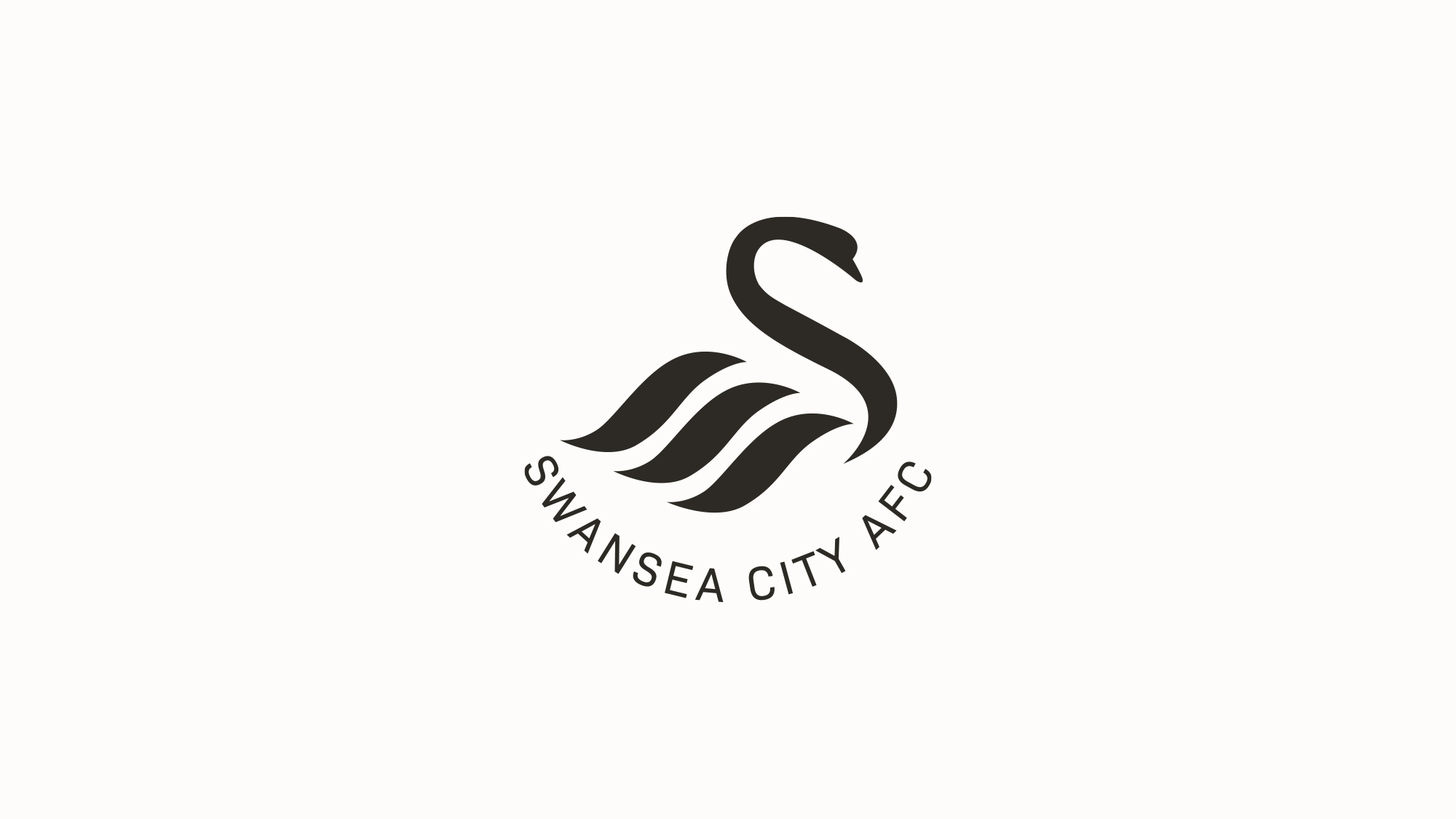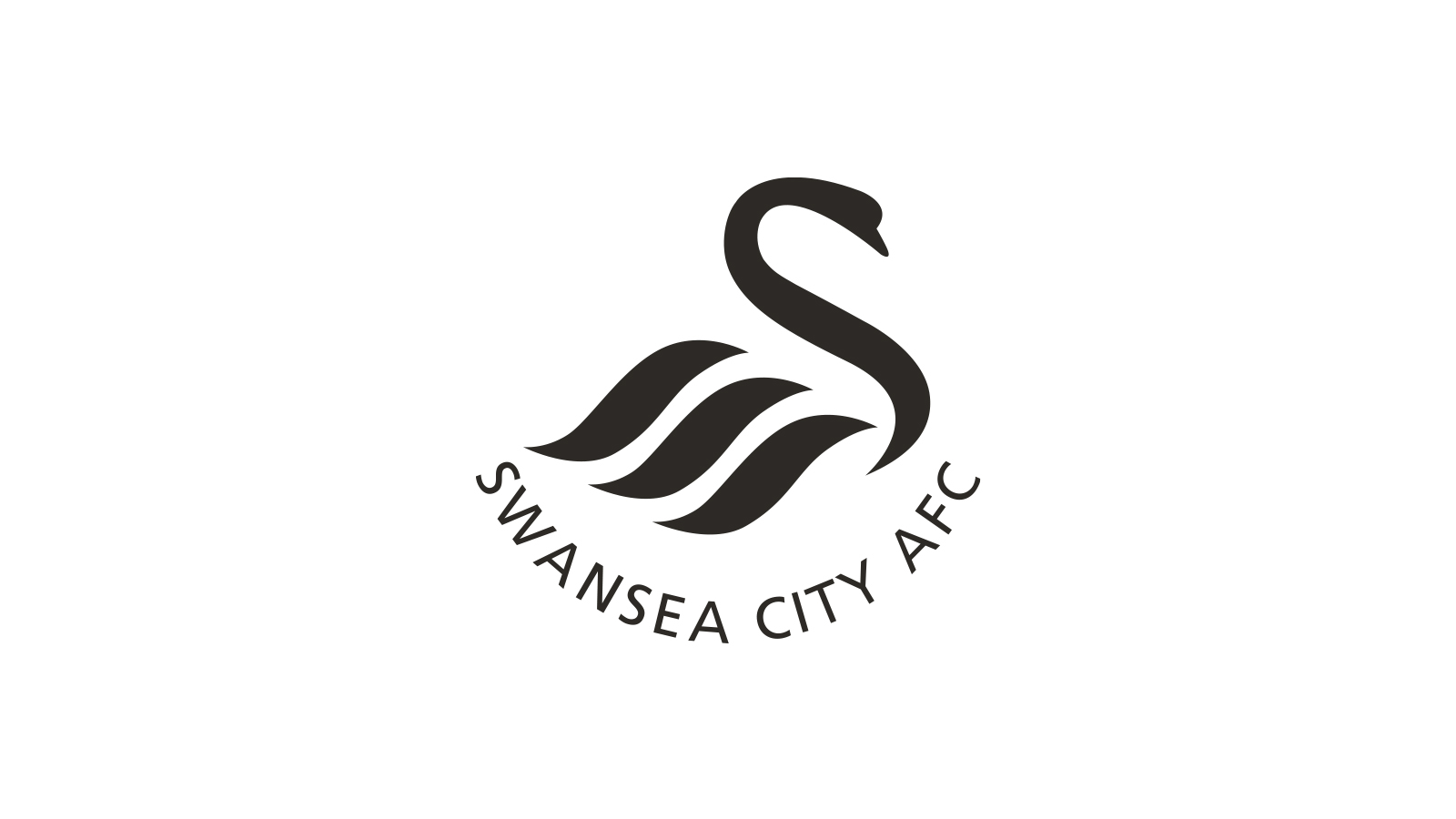Swans' £58m lift to local economy
Swansea City's first season in the Barclays Premier League was worth a staggering £58m to the local economy, an in-depth study has revealed.
An estimated 400 jobs - 340 of them in Swansea - were created or protected according to a study commissioned to look at the economic impact of Premier League status on the city and Wales.
The news comes as hundreds of millions of fans around the world prepare to watch high-flying Swans take on Arsenal in the FA Cup on Sunday.
Nick Bradley, Swansea Council's Cabinet Member for Regeneration, said: "The Swans' Premier League adventure has been an incredible success story for the club, for Wales and for Swansea.
"The value of the Swans success to the local economy is even greater than Chelsea's widely-reported prize money for winning the Champions League this year.
"That's an incredible achievement. I want to pay tribute to the joint effort between the Welsh Government, Swansea Council, their partners and, of course, the Swans for making sure the economic benefits have been felt alongside the tremendous feelgood factor that's been generated right across the city."
Swans chairman, Huw Jenkins, said: "The report is very encouraging. For the club to be part of promoting Swansea and the South West Wales, both economically and as a city, is fantastic.
"Our partnership with the local council, in particular their foresight in helping to build our Liberty Stadium, has helped us grow to where we are today and catapult Swansea to a global audience.
"It comes as no surprise that our participation in the Premier League has been a major boost to the club and the local economy as a whole.
"These benefits are not just for our first year in the Premier League, but they will continue and grow every year we are competing in the best league in the world.
"Hopefully with a lot of hard work from everyone, we will retain our Premier League status for many years to come.''
The report says that while the majority of the economic value was created directly by the football club, most of the jobs created and safeguarded were from non-footballing activity.
The most significant element of this was the spending power of visiting fans who visited pubs, clubs, restaurants and stayed in hotels as a direct result of attending games at the Liberty Stadium.
Cllr Bradley said: "This economic impact assessment has proved that the investment by the Welsh Government and Swansea Council in targeting visiting fans to encourage them to come and enjoy what Wales and Swansea has to offer has paid off.
"We believe it is continuing to pay off this season too with thousands of fans continuing to enjoy the warmth of the Welsh welcome in Swansea."



